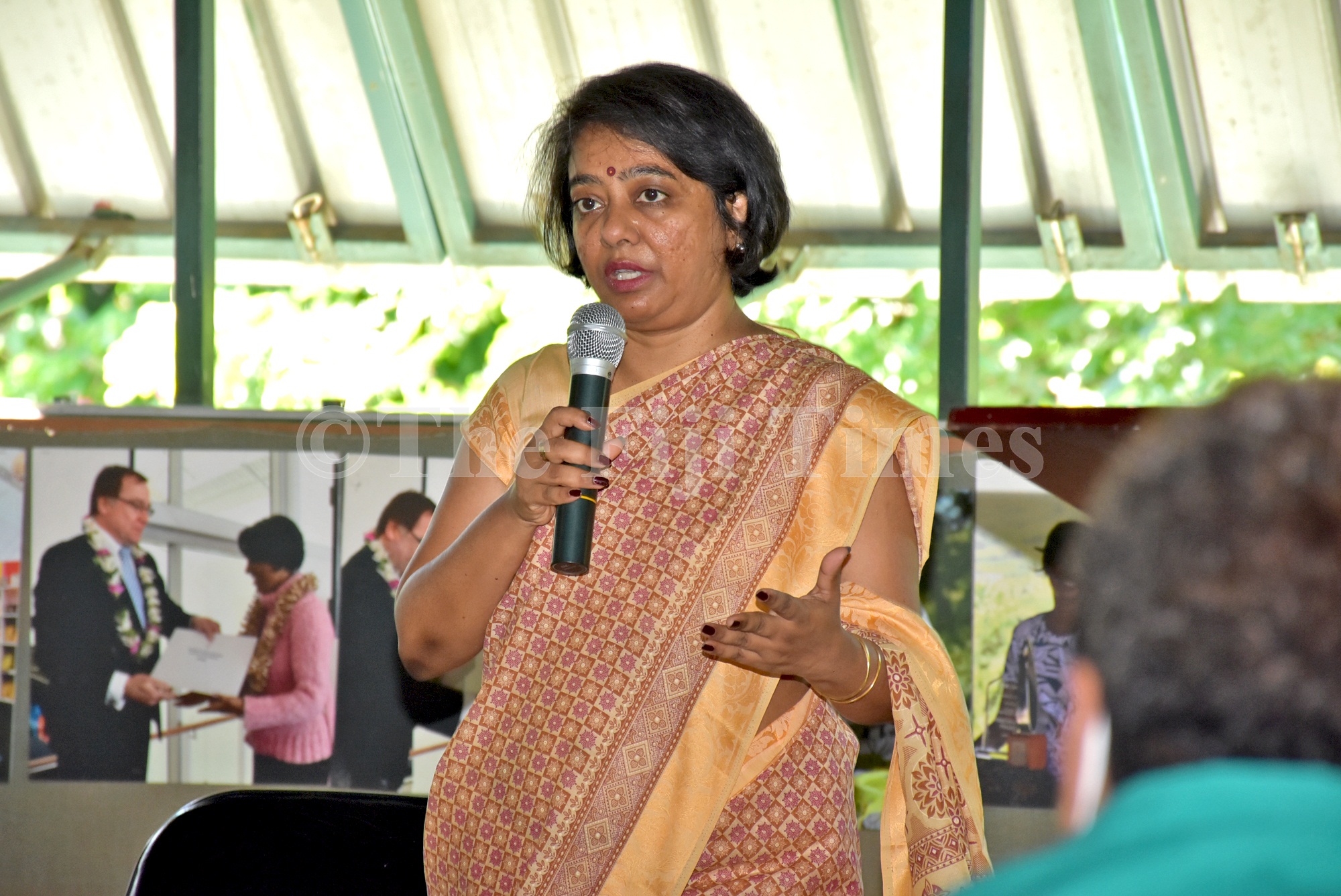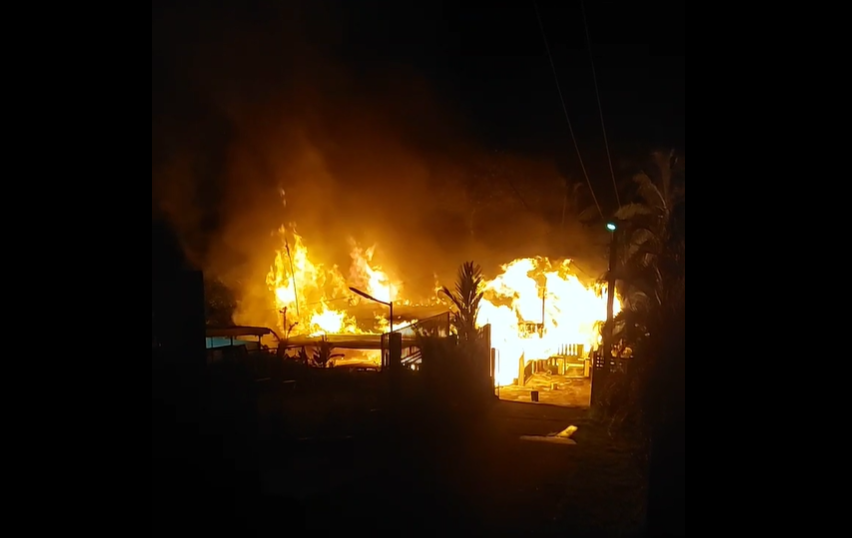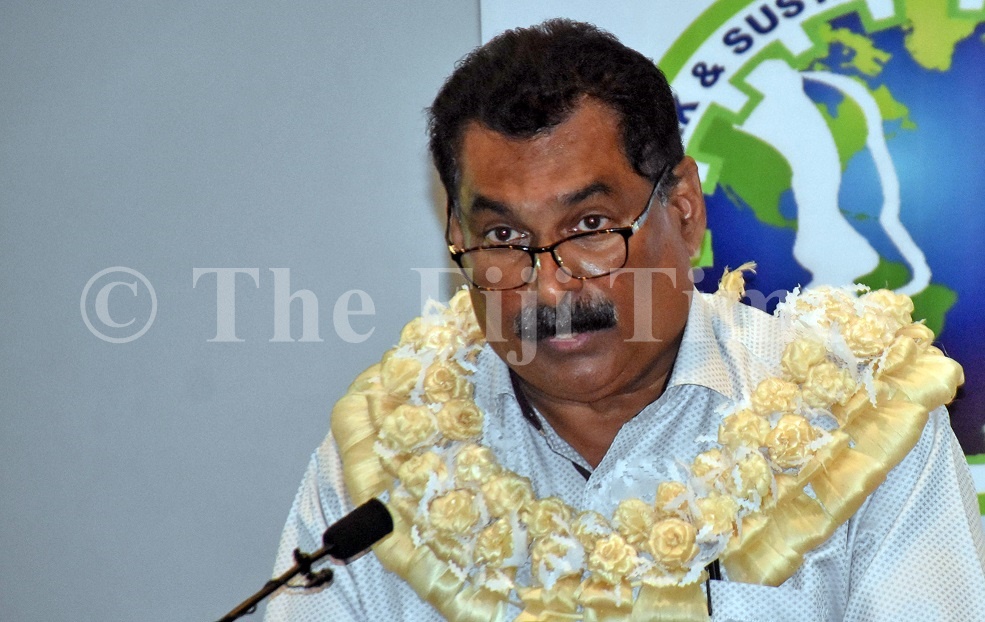FIJI could have 20,000 people living with HIV by 2029 if efforts to contain this outbreak are not taken seriously.
This is the bleak outlook presented by UNAIDS country director Fiji and the Pacific Renata Ram while speaking with The Fiji Times online portal The Lens@177. Ms Ram said this outbreak could have been contained in 2019 when domestic use of drugs came into the public eye.
“We have to act now; we actually had to act in 2019 when we heard of domestic use of drugs in the country,” she said.
“If we had done more then, we wouldn’t see what we are seeing now. However, we move on. We deal with what we have now.”
Ms Ram said Fiji being the second-fastest country in the Asia-Pacific with new HIV infections, was already a red flag and if things remained the same, cases would triple.
She said UNAIDS had carried out an estimate modelling exercise based on risk factors present in the country. Through the exercise, Ms Ram said one could estimate how many people would be living with HIV if there was no action taken.
“If you don’t have any needle exchange program, if you don’t have PrEP in the country, if you don’t have HIV drugs in the country, so through this modelling exercise, it was a four year period that was given.
“In four years, we’ll have over 20,000 people living with HIV if we carry on the same way we do right now, so I think those numbers speak for itself.
“Of course, this modelling was done using Government data, using Ministry of Health data and we do this exercise with the Government because it’s not UNAIDS’ data to use.”
Ms Ram said UNAIDS worked with governments, and this was why the (Health) Minister declared the outbreak.
“That is why we have the outbreak response, that is why the surge strategy came into place and every ministry in Government is talking about HIV. It’s not only a medical issue, it’s a social issue. It’s an economic issue.
“If young people are dying, who is going to keep our economy running?”
She said given the numbers, she guessed Fiji could fall within the top 20 countries for HIV infections in the near future.
“However, in the Asia-Pacific region, based on current data, Fiji is the second-fastest growing, that is a red flag in itself given the small country and this assessment is for bigger countries like India.
“So already, we are problematic without being on a global page.”
She said the time to act was now.
“We have the tools, we know what works and we have that luxury to see that in other countries, they tried this, it worked, they tried that and it didn’t work.
“So, we learn from those lessons and we implement it here. We put it to our context, what works best culturally and what works best within our resources. We contextualise it to what we need.”






